3 Incredible new coffees from Rwanda in partnership with One Acre Fund.
One Acre Fund is a social enterprise that works with millions of smallholder farmers, equipping them with the supplies and training to help them thrive. One Acre Fund puts Farmers First in everything they do, helping farmers grow more food, plant more trees, and earn more money from their harvests. Learn more at oneacrefund.org
A crisp and sweet washed process coffee from Cyanika, Nyamagabe District
Two lots from Dukunde Kawa processed natural and washed. A true comparison of the different fermentation methods.
RWANDA | NGOMA
[RUH-WAHN-DUH • EN-GO-MAH]
Process: Washed
Elevation: 2,000 - 2,200 masl
Region: Cyanika, Nyamagabe
Varietal: Red Bourbon
Pear, Honey, Cashew
Grown in the highly acidic soils of Cyanika, Nyamagabe District at an elevation of 2,058 masl.
Like biting into a fresh pear, this coffee is crisp and sweet. Honey mouthfeel with a cashew note.
Ngoma coffee is from the highland acidic soils of Cyanika, Nyamagabe District in Southern Province is among the best in Rwanda; among the 24 coffees of excellence appeared in the cup of excellence competition organized in 2008 got the second place. This coffee comes from farmers at up to 2058m in altitude and sandy loam soil.
RWANDA | DUKUNDE KAWA WASHED
[RUH-WAHN-DUH • DUH-KOON-DAY • KA-WA]
Process: Washed
Elevation: 2,000 - 2,200 masl
Region: Gakenke
Varietal: Red Bourbon
Citrus, Pear, Juicy
This washed lot comes from Dukunde Kawa members with farms between 2,000 and 2,200 masl and the region’s signature volcanic loam soil. they also started a coffee school to ecducate the next generation of Rwandan coffee farmers.
Clean, bright and juicy cup with notes of pear and lemon. Smooth and sweet finish.
While it’s not uncommon to find cooperatives in Rwanda, it’s uncommon to find a cooperative like Dukunde Kawa: they have worked tirelessly on behalf of their more than 1,000 farmer-members. They produce excellent coffee whose juicy body and fruitiness are distinctive to Gakenke in Rwanda's Northern Province. They also started a coffee school last year to educate the next generation of Rwandan coffee, and even have a program to donate dairy cows to families in the community—a symbol of respect and source of economic opportunity. One Acre Fund has collaborated with Dukunde Kawa to distribute inputs, shade trees, and coffee seedlings to its farmer members. In this way, Dukunde Kawa’s farmers can continue producing their standout coffee and prosper more from it.
Photo by Ernest Nshimyimana
RWANDA | DUKUNDE KAWA NATURAL
RUH-WAHN-DUH • DUH-KOON-DAY • KA-WA]
Process: Natural
Elevation: 1,700 - 2,200 masl
Region: Gakenke
Varietal: Red Bourbon
Blueberry, Walnut, Fudge
Dukunde Kawa produced this fun and funky natural lot in a country where the overwhelming majority of specialty coffee is fully-washed. They also started a coffee school to educate the next generation of Rwandan coffee farmers.
First sips are unmistakably blueberry, which fades into fudge and walnut as it lingers on your tongue.
While it’s not uncommon to find cooperatives in Rwanda, it’s uncommon to find a cooperative like Dukunde Kawa: they have worked tirelessly on behalf of their more than 1,000 farmer-members. They produce excellent coffee whose juicy body and fruitiness are distinctive to Gakenke in Rwanda's Northern Province. They also started a coffee school last year to educate the next generation of Rwandan coffee, and even have a program to donate dairy cows to families in the community—a symbol of respect and source of economic opportunity. One Acre Fund has collaborated with Dukunde Kawa to distribute inputs, shade trees, and coffee seedlings to its farmer members. In this way, Dukunde Kawa’s farmers can continue producing their standout coffee and prosper more from it.
Dukunde Kawa produced this fun and funky natural lot in a country where the overwhelming majority of specialty coffee is fully-washed. This coffee opens with the unmistakable flavors of strawberries, blueberries, and chocolate. The fruity acidity is balanced by a chocolate sweetness. As the taste lingers, the strawberry fades into banana, which melds with the heavy chocolate body into something truly amazing.
Photo by Ernest Nshimyimana
Thanks for reading, now go sip on some exquisite coffee!
Take it easy.























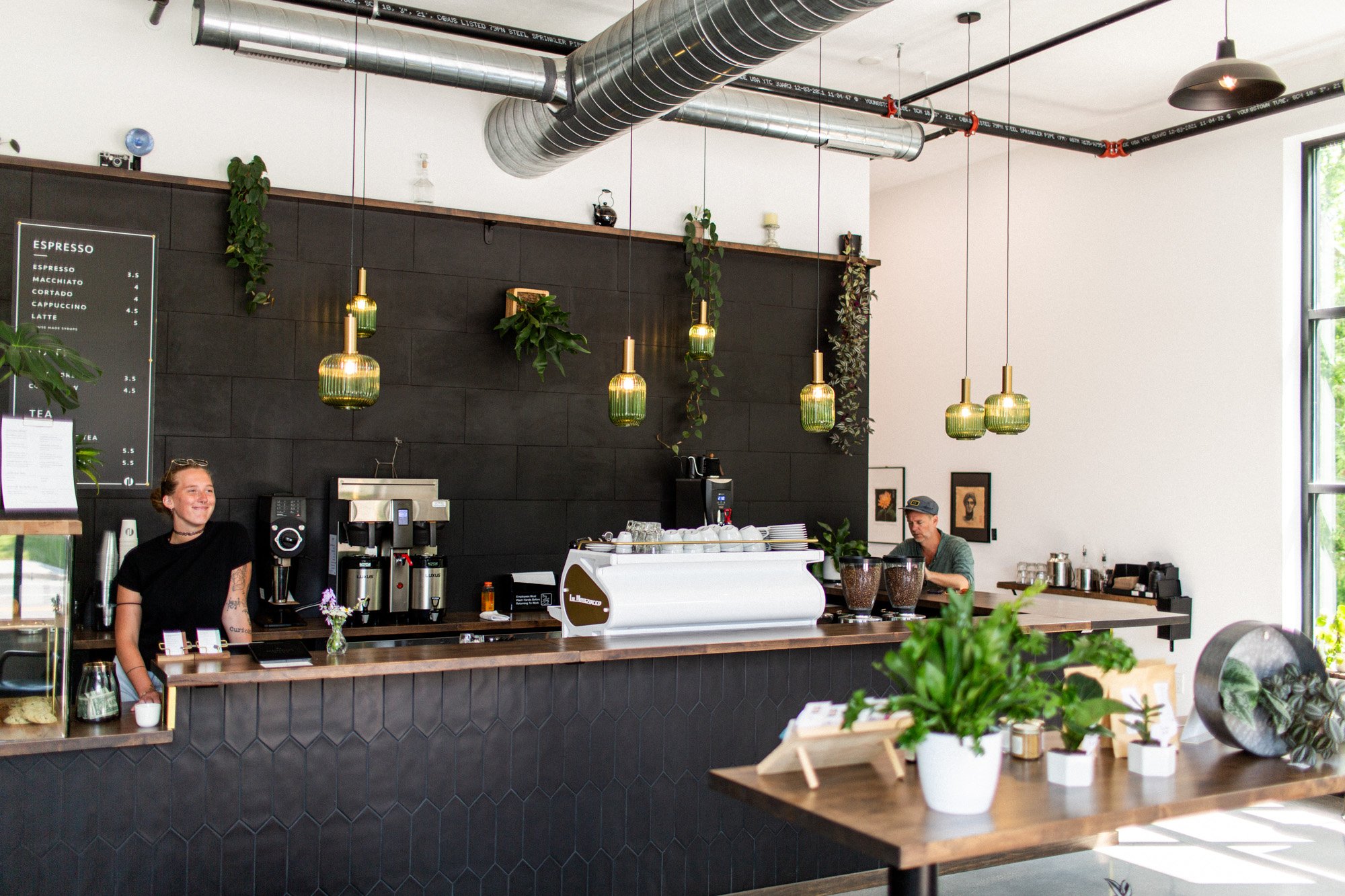



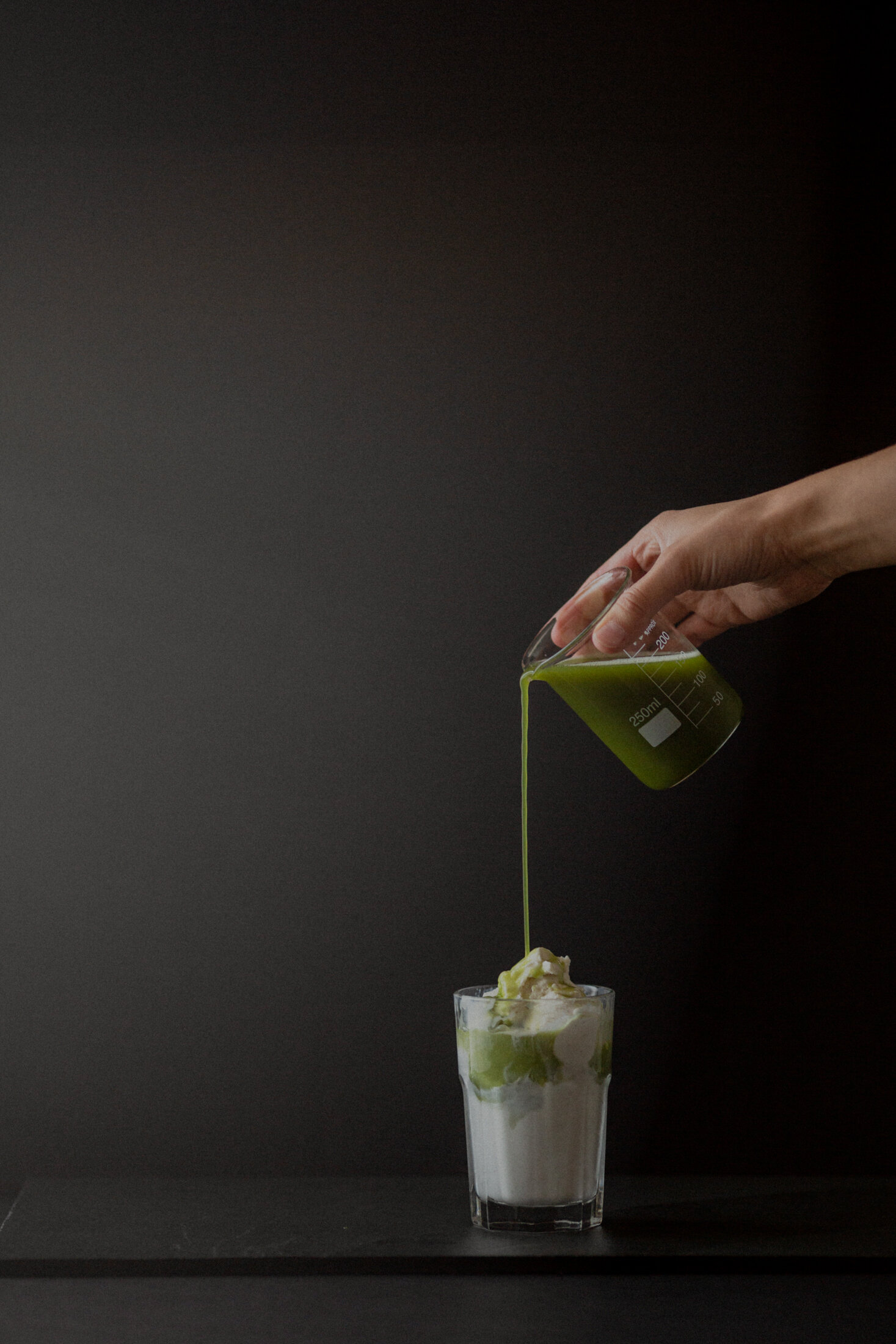




















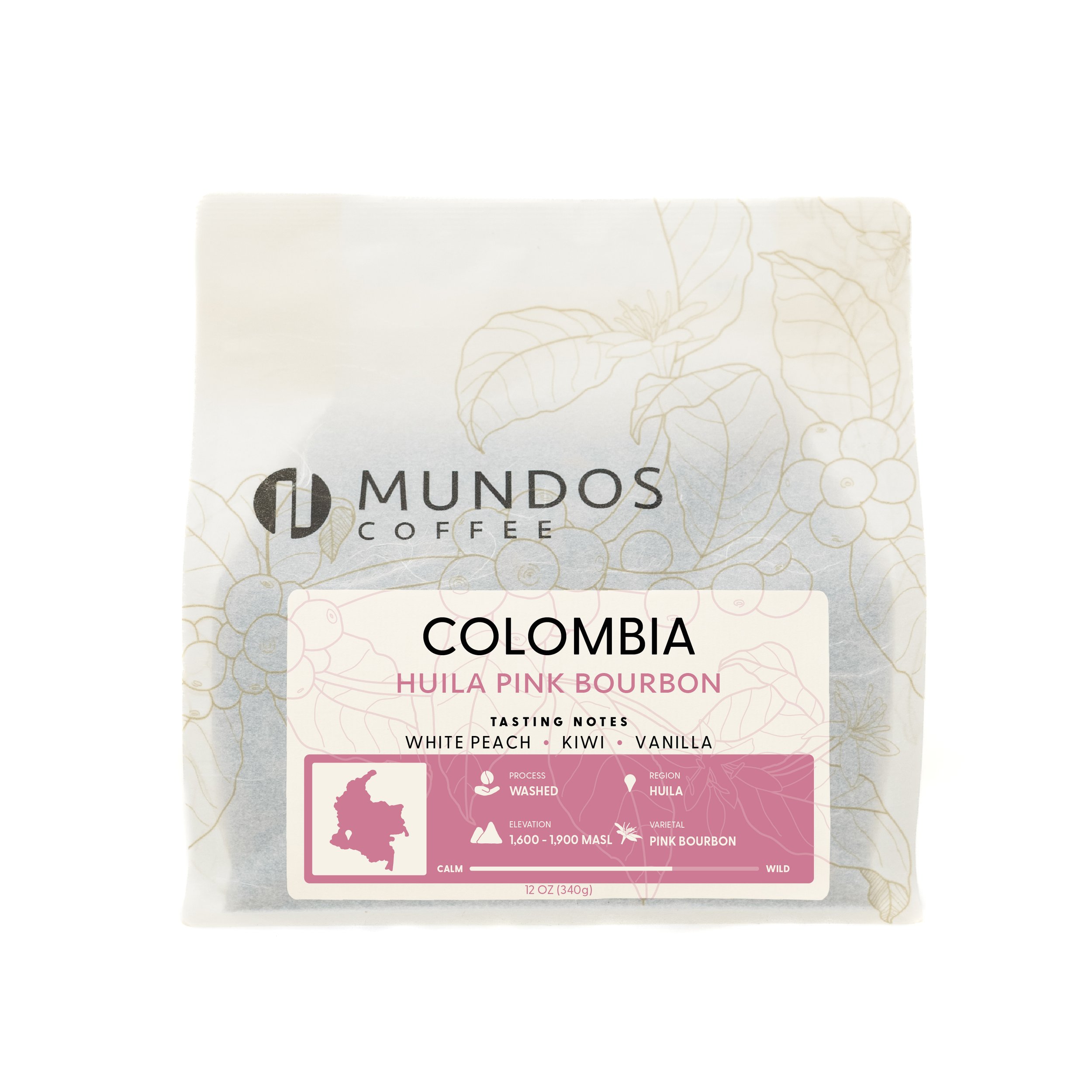

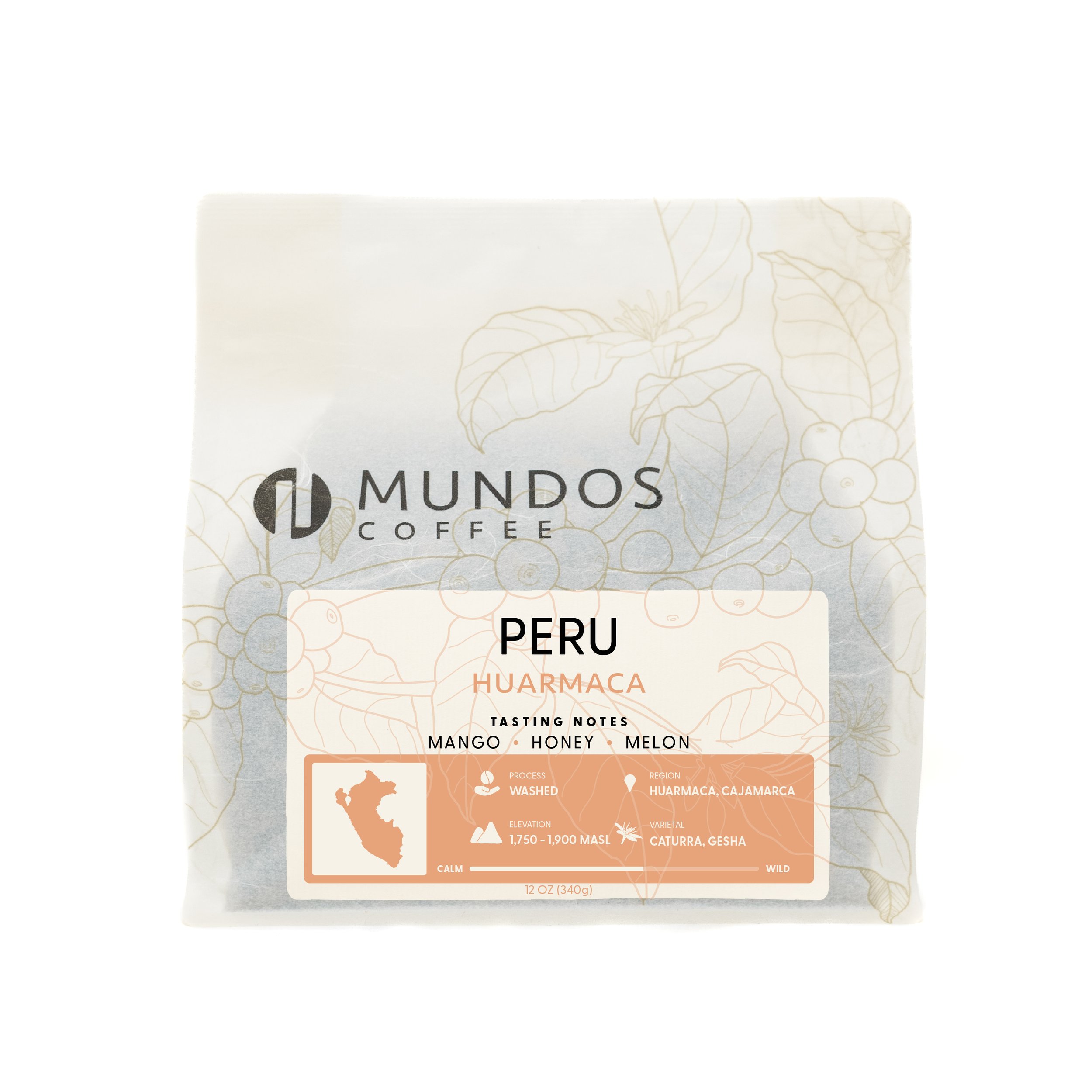

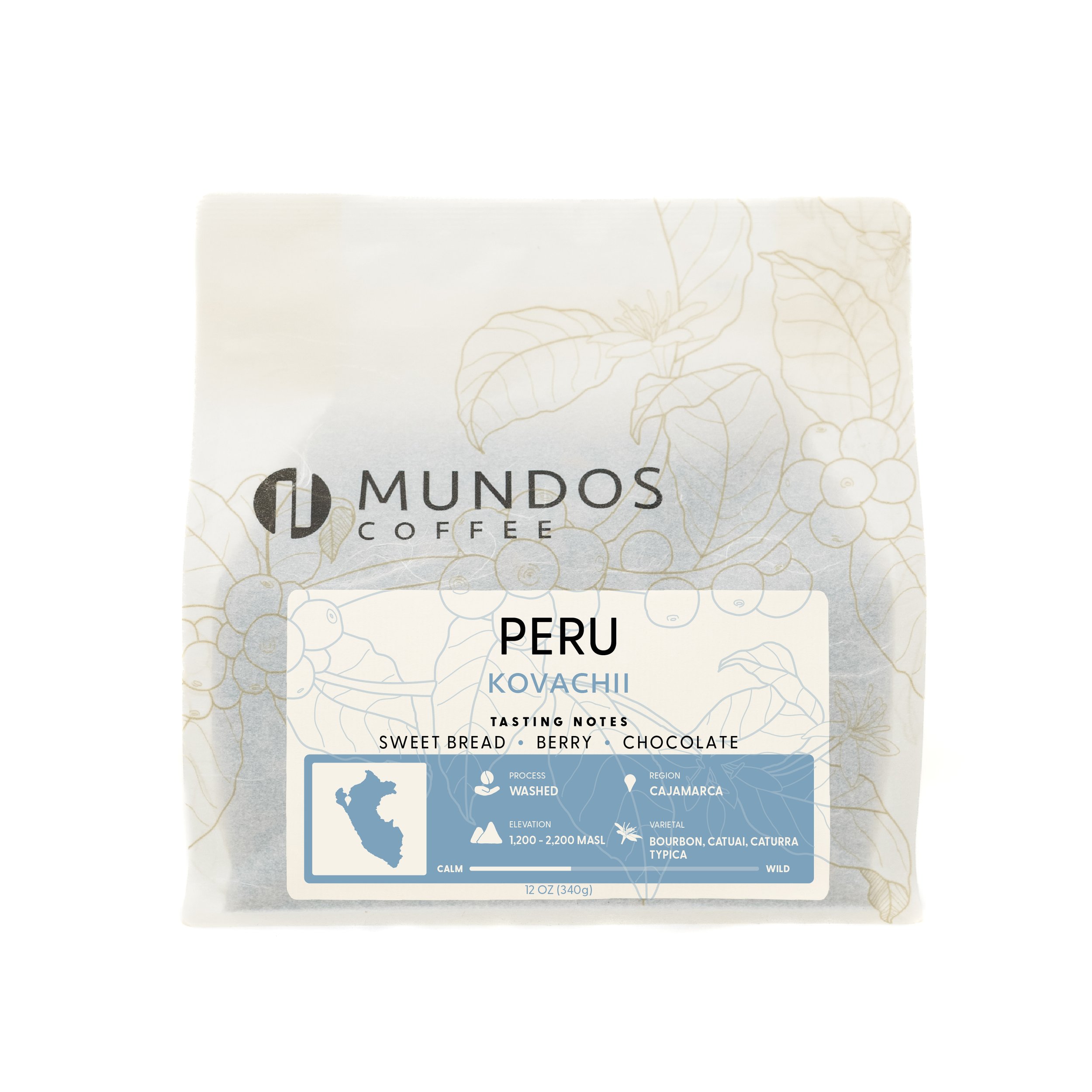

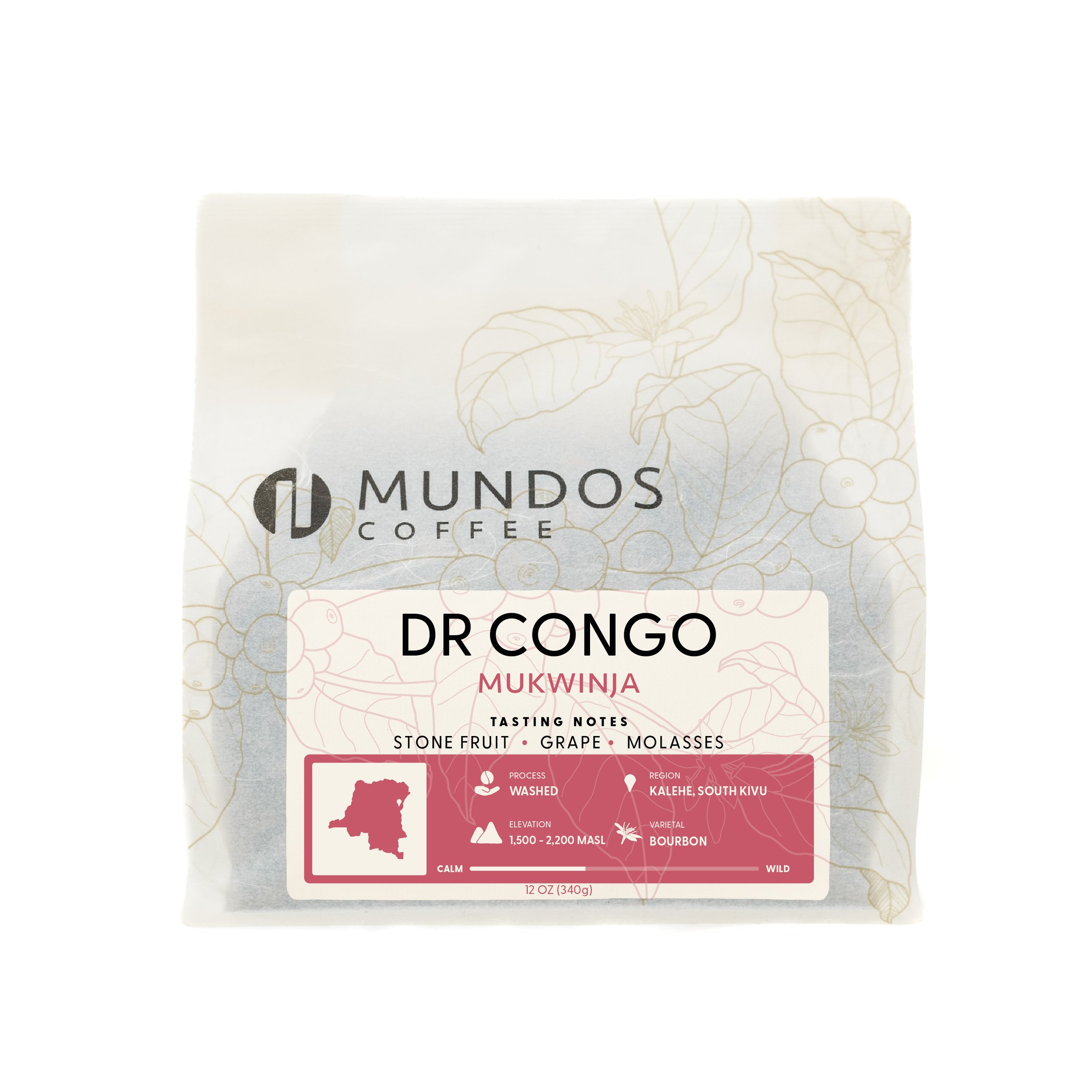

















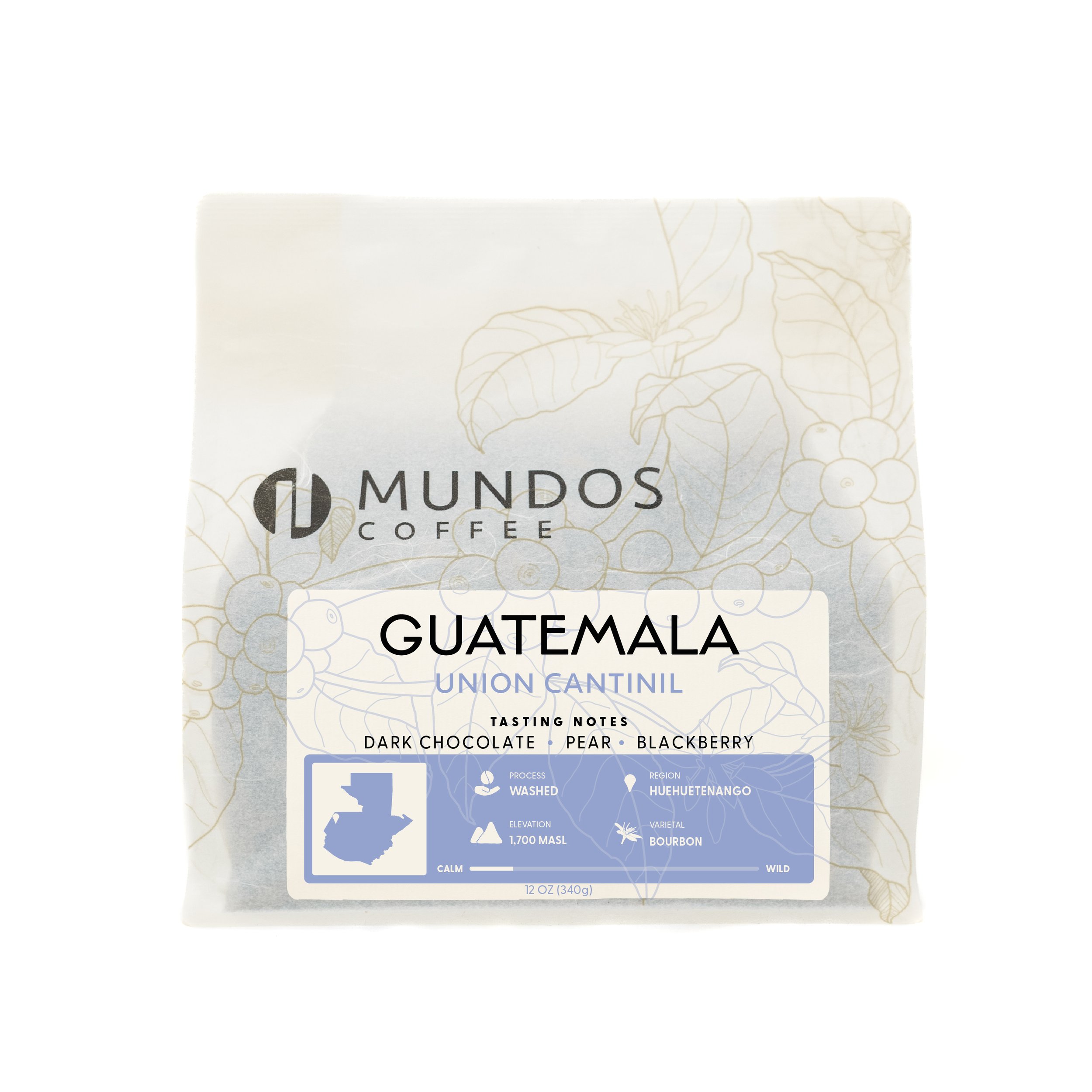




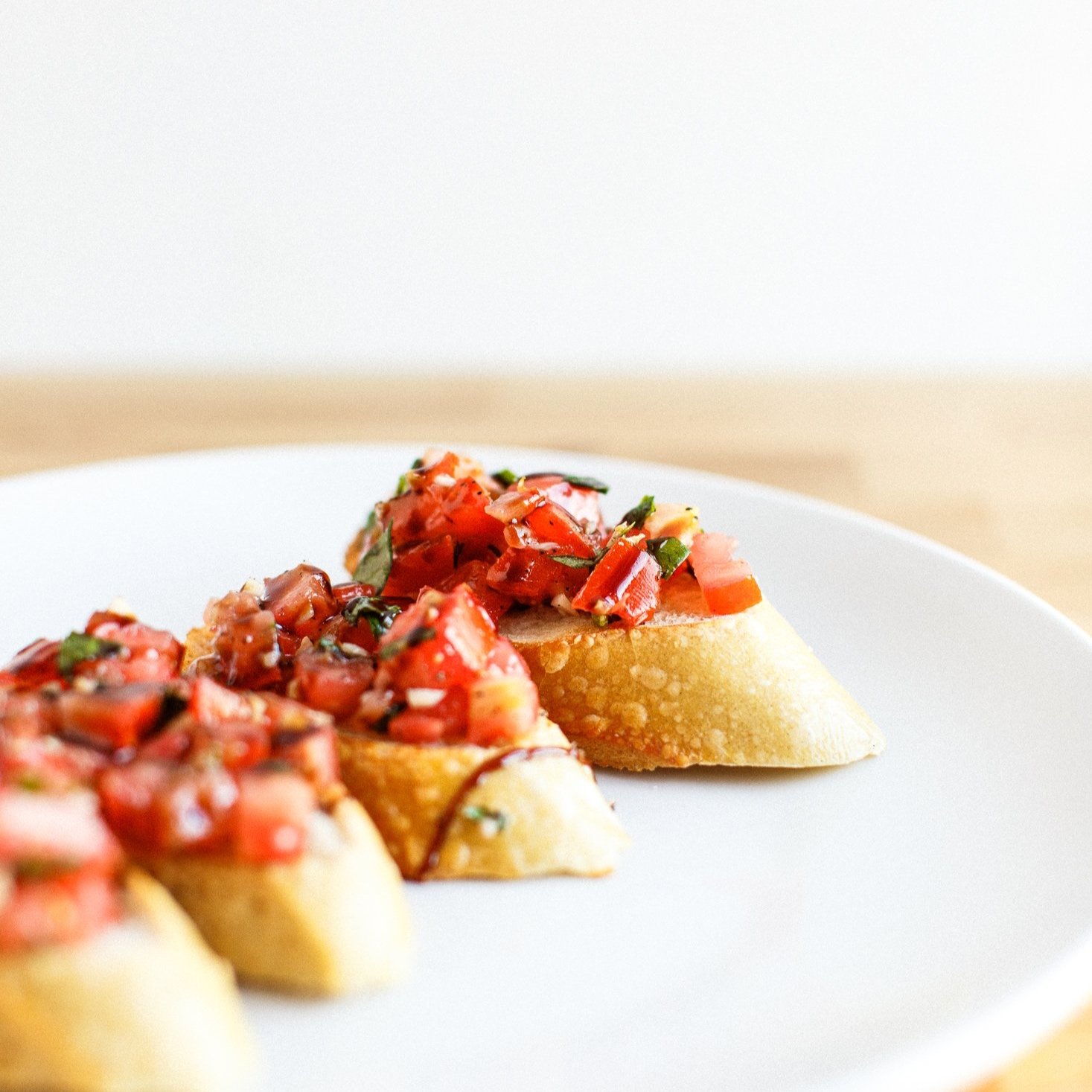


Mundos 305 open until 8pm, starting May 17. Coffee. Food. Community.